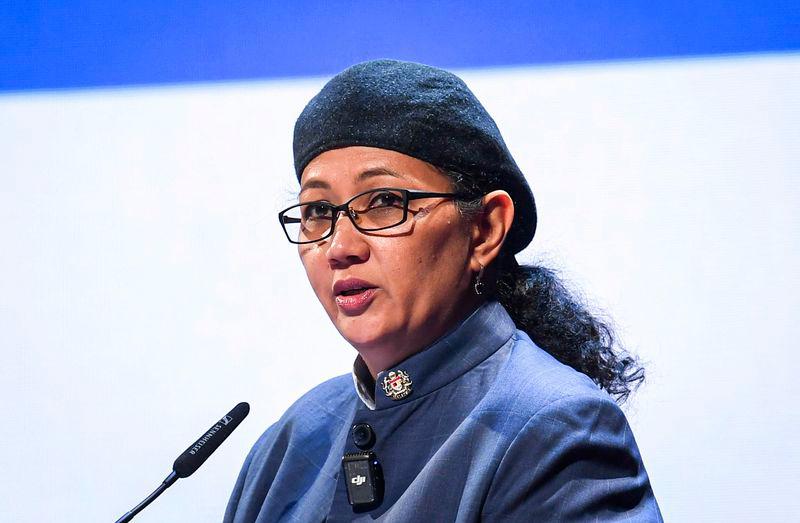KUALA LUMPUR: The government will use data from the Central Database Hub (PADU) as input to formulate socioeconomic development policies and roadmap under the 13th Malaysia Plan (13MP) spanning 2026 to 2030, according to Deputy Economy Minister Datuk Hanifah Hajar Taib.
She said that the government currently uses PADU for the process of validating existing applications and identifying new participants for the People’s Income Initiative (IPR) programme.
“The government has utilised PADU data for calculating the basic minimum living expenditure and net disposable income to enhance the formation of socioeconomic policies and programmes as well as minimising inclusion and exclusion errors.
ALSO READ: 13MP to focus on state-federal collaboration to bridge socio-economic, development gaps
“This is part of the government’s efforts to optimise the utilisation of resources,” she said in reply to a query from Aminolhuda Hassan (PH-Sri Gading) on PADU’s implementation during a special chamber session of the Dewan Rakyat here today.
Hanifah Hajar also disclosed that PADU’s implementation has reached the final stage of Phase 2 involving the integration of the latest data, analysis to determine the target groups, and use case formation.
However, she said that the reopening of the PADU system under Phase 2 to enable Malaysians to update their information is still at the planning level.
ALSO READ: Rafizi: PADU system meets international standards
“This hinges on the use cases and mechanisms that will be used by the government,” she said.
In April, Economy Minister Rafizi Ramli announced that a total of 17.65 million, or 58.7 per cent of the total public profiles, including household members aged below 18 years, have been updated in the PADU system.









